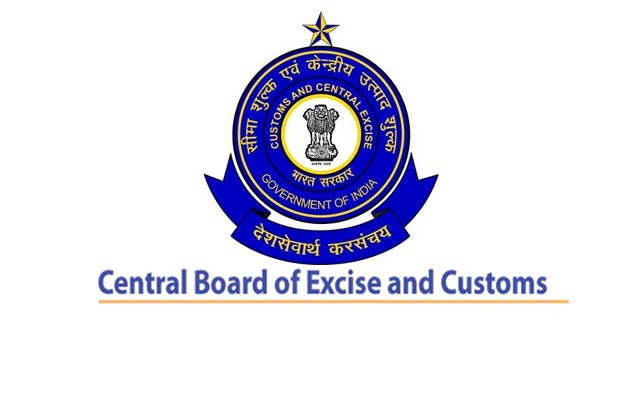Begin typing your search...
Need MoU to disclose our address: Customs department
One need to enter into an MoU and a non-disclosure agreement with Central Board of Excise and Customs to get “sensitive information” such as addresses and phone numbers of its offices, according to an RTI response from the Customs Commissioner’s office, Chennai.

Chennai
The Customs department, Chennai, has refused to provide contact information of its offices saying it can be shared under its ‘policy’ which requires an MoU and non-disclosure agreement be signed between the department and the applicant.
Ironically, the information denied by the Chennai office of Customs Commissioner is available on the letter-head on which a Right to Information response was furnished to Hyderabad activist C J Karira.
Also, the RTI Act overrides any law in place which restricts the sharing of information. The Section 22 of the Act states, “the provisions of this Act shall have effect notwithstanding anything inconsistent therewith contained in the Official Secrets Act, 1923, and any other law for the time being in force or in any instrument having effect by virtue of any law other than this Act.”
Besides, the information denied by the office of the Commissioner of Customs, Chennai, is mandated to be proactively disclosed under Section four of the Act and its violation can attract penalty by the Central Information Commission. Karira had filed an RTI application on August 14, 2017, seeking information from the CBEC in different parts of India including name of the office, complete postal address, office telephone numbers with STD code, office email address and working hours. He also asked for the internet address of the website published under the mandatory disclosure provisions of the RTI Act under Section 4, the officers responsible for posting the information, rules for taking action against officers who do not post or update such information.
In a reply, the Customs Commissioner Office, Chennai, said that CBEC had released data sharing policy in February 2015. “As per the ‘CBEC-Data Sharing Policy’, data falling under the sensitive category shall ordinarily be provided against a specific authorised request on a case to case basis and backed by with a non-disclosure agreement between the requester and CBEC.
“For regular and periodic requests for data, the requester shall enter into a MoU and non-disclosure agreement for such data with CBEC,” it said. as mentioned on the CBEC website.
Visit news.dtnext.in to explore our interactive epaper!
Download the DT Next app for more exciting features!
Click here for iOS
Click here for Android
Next Story



